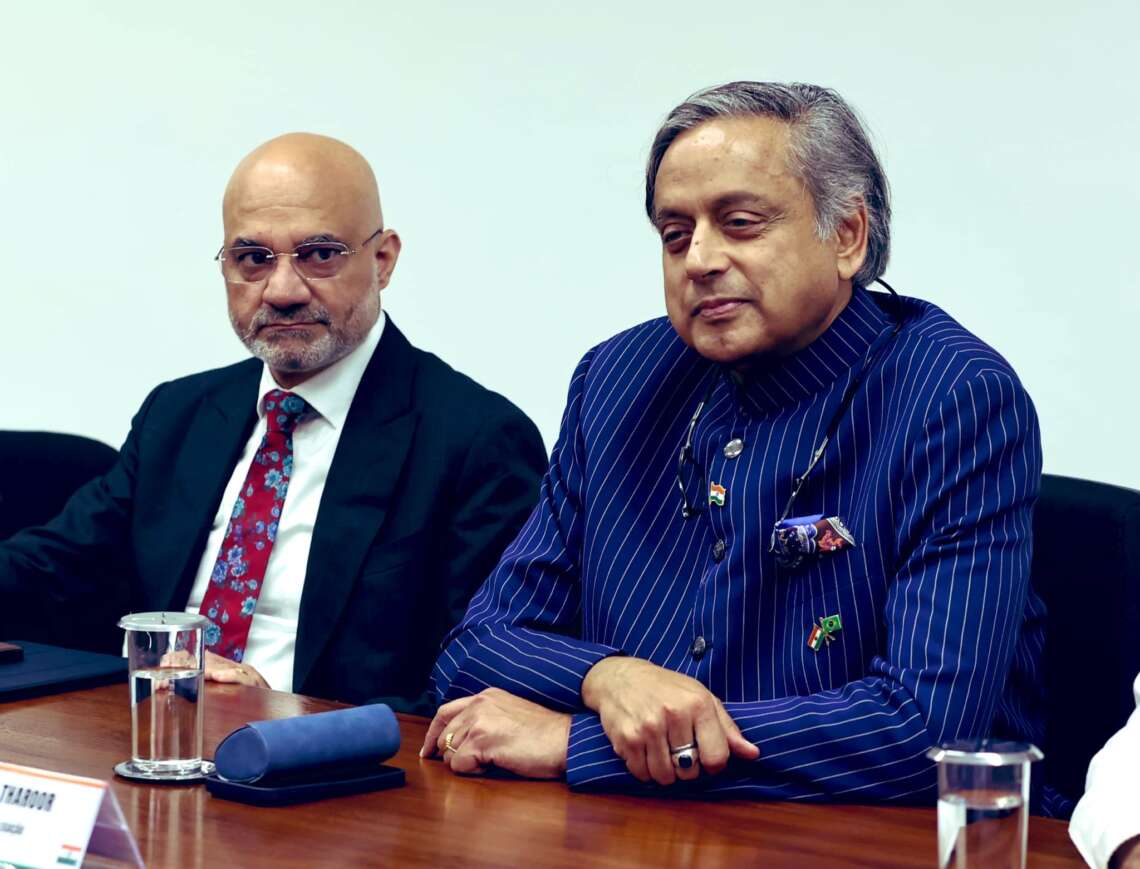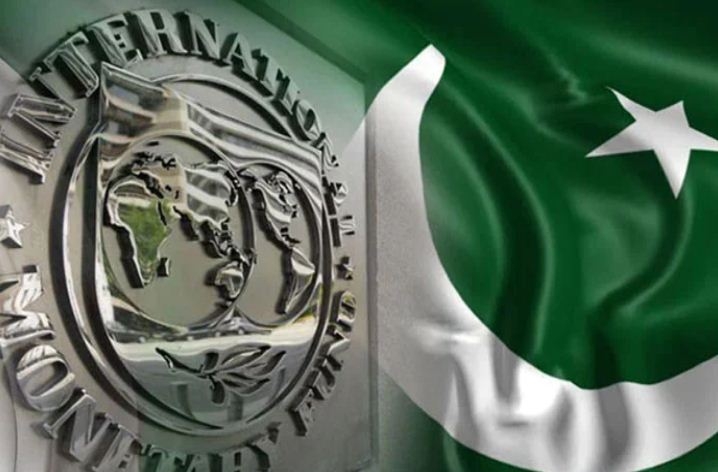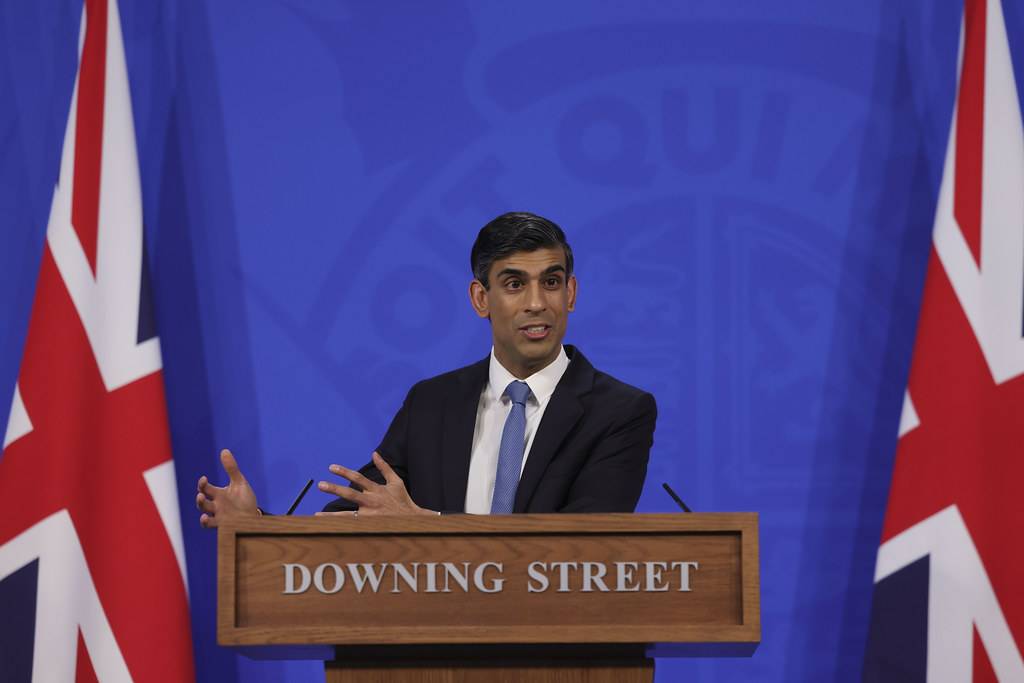The projected growth for Britain next year is lower than for any other major advanced economy and below the 1.8% forecast last month from Britain’s Office for Budget Responsibility…reports Asian Lite News
Britain faces slower economic growth and more persistent inflation than any other major economy next year, the International Monetary Fund forecast on Tuesday as part of a broader downgrade to global growth prospects.
The IMF warned Russia’s invasion of Ukraine was amplifying inflation pressures that were already present across Western economies, squeezing living standards and growth.
“Consumption is projected to be weaker than expected as inflation erodes real disposable income, while tighter financial conditions are expected to cool investment,” the IMF said about Britain.
The IMF cut its forecast for British gross domestic product growth this year to 3.7% from January’s forecast of 4.7%, while for 2023 the growth rate was almost halved to 1.2% from 2.3%.
The projected growth for Britain next year is lower than for any other major advanced economy and below the 1.8% forecast last month from Britain’s Office for Budget Responsibility.
IMF chief economist Pierre-Olivier Gourinchas said the downgrade reflected “elevated inflation pressures” and tighter monetary policy, while IMF Deputy Director Petya Koeva Brooks highlighted a “major supply shock” from higher energy prices.
British inflation hit a 30-year high of 7.0% last month and the IMF forecasts it will average 7.4% this year — slightly less than in the United States and higher than in the Euro zone, Reuters reported.
Next year inflation is forecast to be much slower to ease than in any other major economy, averaging 5.3% compared with falls to 2.9% in the United States and 2.3% in the Euro zone.
Britain, like the United States, had also seen a drop in the number of older workers since the pandemic, creating labour shortages, the IMF added.
As part of general advice to central banks, the IMF said they should communicate clearly what they think is a ‘neutral’ interest rate, as well as their willingness if needed to keep rates above that level to bring down inflation.
The Bank of England has said Britain’s neutral rate is below where it was before the 2008 financial crisis, but that it is not possible to give a specific range.
Financial markets expect the BoE to raise interest rates to 2.25% by the end of the year from 0.75%, although policymakers have previously implied that scale of tightening would cause inflation to undershoot its 2% target in the medium term.
The IMF also said governments could offer support for households facing big price increases, but that it should be focused on poorer households.
ALSO READ-India backs Lanka, bats for IMF bailout














